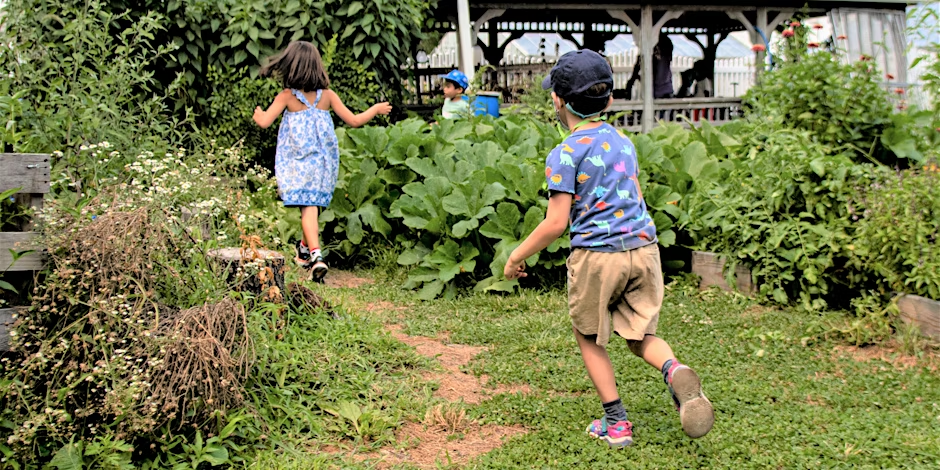Before school let out for Thanksgiving break, the predictable “What are you thankful for?” question was asked of students.
While many of us replied with the typical “my family,” “my house,” “my car,”
etc., I wondered how many of my classmates comprehended the magnitude of just how lucky we are.
We have so much to be thankful for living in America, especially when we consider the current state of affairs in other parts of the world.
However, how can we truly appreciate and be thankful for living in such a stable and prosperous country if we are not knowledgeable about the global state of affairs?
In too many regions, lawlessness and oppression still abound. During the past 11 years, in the Democratic Republic of the Congo, more than five million people have died as a result of war, disease and famine.
Food, shelter, and security are missing for most. Poverty, illness, violence and hunger are a way of life. Civil liberties do not even enter into the conversation.
In places where genocide, corruption and disease are rampant, children are oftentimes homeless, parentless, uneducated, hunger-stricken and fear-stricken – frightened that they will be kidnapped or killed by rebel groups such as the Janjaweed in Darfur. More than 60 percent of the displaced Darfurians are children, and they are left vulnerable to forced labor, sexual exploitation and recruitment by armed groups.
Nothing like this exists in America.
The spread of democracy continues in some places, yet retreats in others.
We recently recognized, and celebrated the 20th anniversary of the fall of the Berlin Wall, a structure that symbolized the oppression and loss of freedom in Eastern Europe and the Soviet Union. In the years since this event, there has been a struggle, too often violent, and a reshuffling of borders as democracy takes root in this region.
When disaster strikes in America, whether it be a forest fire, a hurricane or terrorist attack, we are able to rebound and rebuild with the aid of our emergency groups, government funding and charitable organizations.
People in other parts of the world are not as lucky. This past month four typhoons wreaked havoc on the Philippines. The death toll has climbed above 1,000; thousands of acres of crops and much livestock have been lost, and more than 100,000 were left homeless.
Granted, America isn’t always prepared when disaster strikes (hurricane Katrina), but we are able to recover from tragedies with resounding resilience and we acquire strength and wisdom to prepare us for the next time.
Many countries do not have the stability, structure and funding to make a smooth transition back to normal. The thunder of disaster can be heard long after the storm has passed through.
Yet another thing to be thankful for is democracy and security. We live in a nation where violent uprisings are nearly unheard of, where rebel regimes could not corrupt or overthrow our government, and where most kids have stable homes, access to health care, even if uninsured, and food to ease their hunger. If we disagree with the government, we are free to speak up, criticize, protest, campaign, without fear of retribution.
America is far from perfect, but the freedoms and opportunities we have give us the tools to make our country even better and stronger.
When we are the ones in charge, we will want the generations that follow us to look at their state of affairs and still be thankful and proud to be Americans.




































